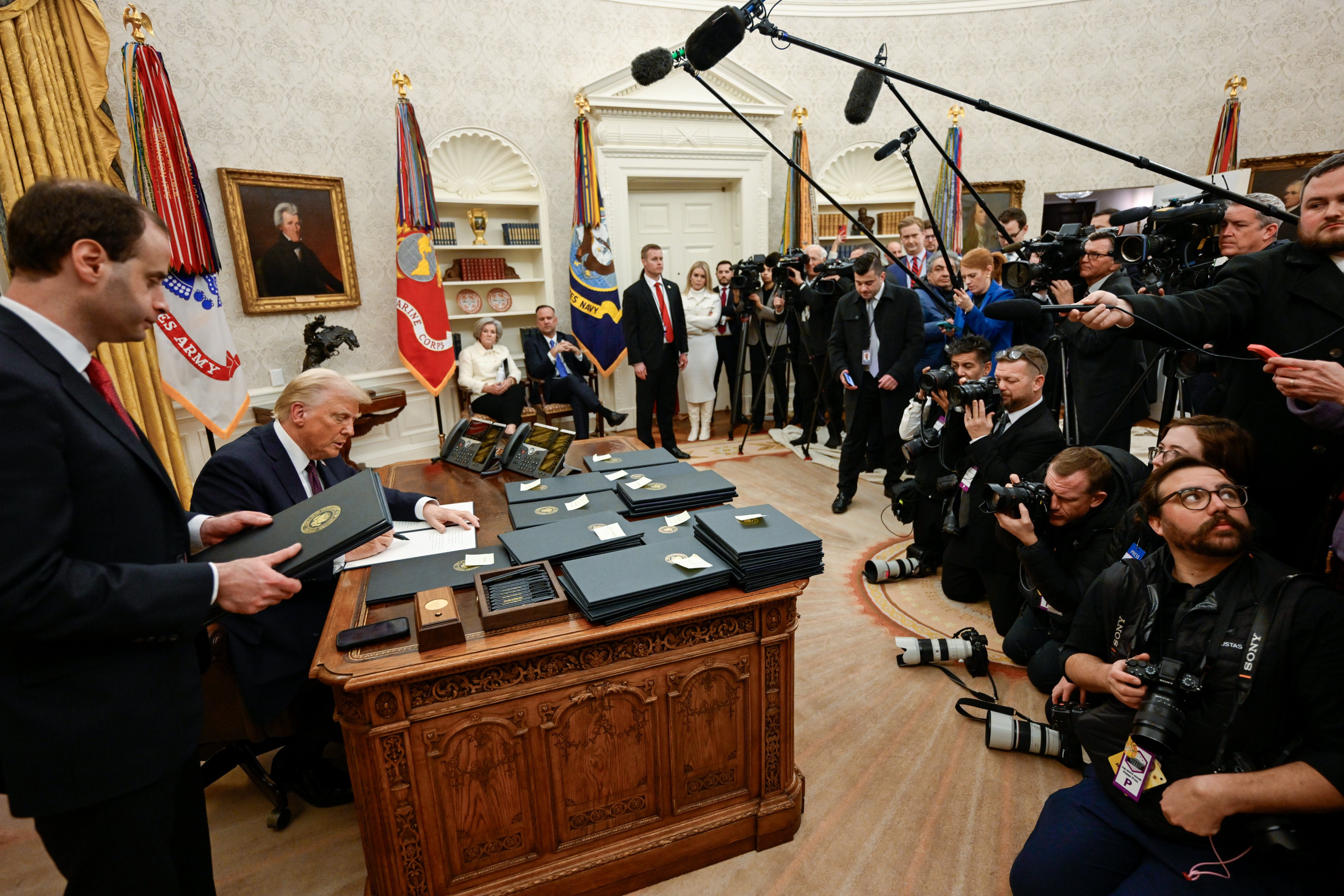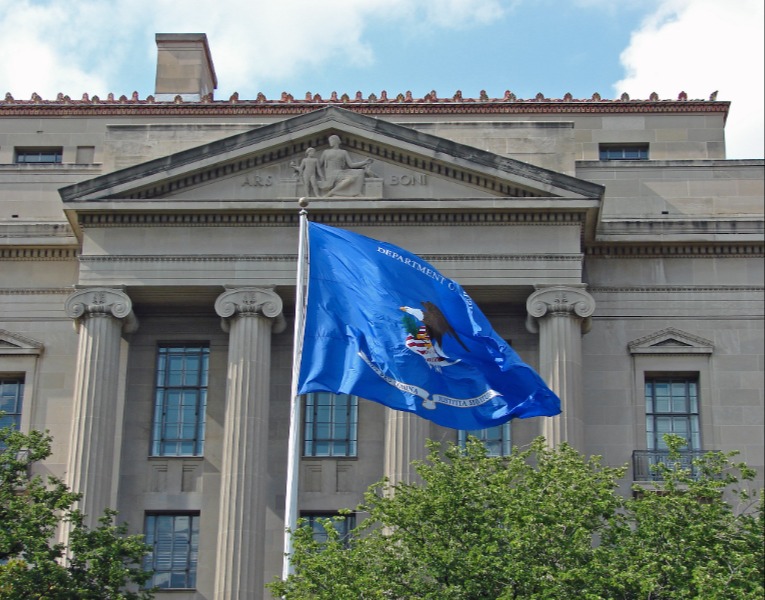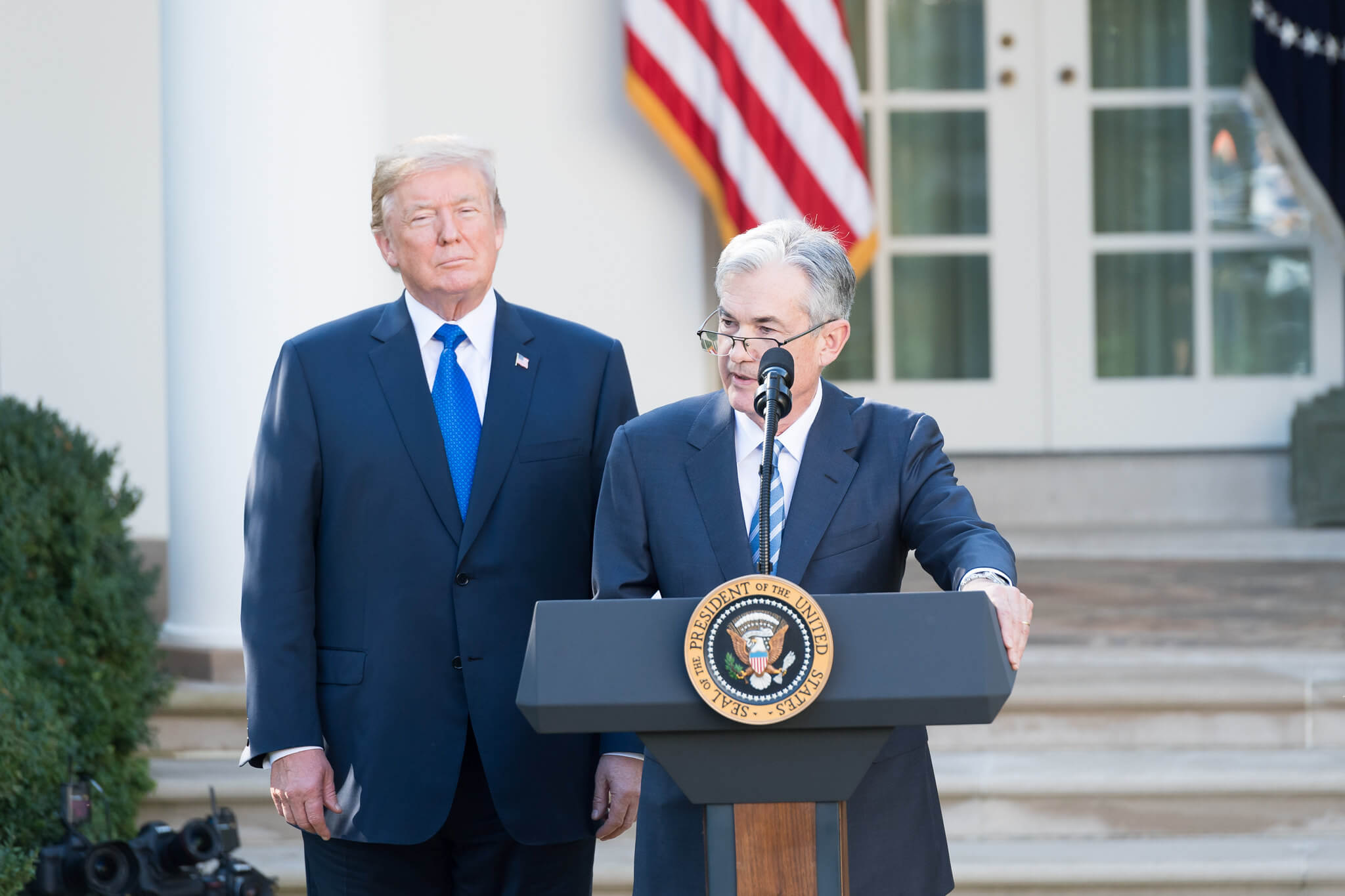Brexit Endgame: Supreme Court Overrules Boris Johnson
Editor's Note: This article originally appeared on Order from Chaos
In the latest twist of the Brexit drama, Britain’s Supreme Court found that Prime Minister Boris Johnson unlawfully advised the queen to suspend Parliament for five weeks at a critical juncture for the country. Parliament promptly returned to session, with Johnson flying home early from the United Nations General Assembly (UNGA) to address boisterous lawmakers.

Published by The Lawfare Institute
in Cooperation With

Editor's Note: This article originally appeared on Order from Chaos
In the latest twist of the Brexit drama, Britain’s Supreme Court found that Prime Minister Boris Johnson unlawfully advised the queen to suspend Parliament for five weeks at a critical juncture for the country. Parliament promptly returned to session, with Johnson flying home early from the United Nations General Assembly (UNGA) to address boisterous lawmakers.
Yet none of the fundamentals have changed: EU leaders are not persuaded by British proposals to amend the Brexit deal, recently adopted legislation requires the government to request an extension to the October 31 deadline if no deal is reached, and the opposition remains averse to holding new elections before that extension is secured.
Why Did the Supreme Court Reverse Parliament’s Suspension
The Supreme Court ruled on September 24 that the government’s August 28 prorogation of Parliament was unlawful and that politicians should determine how to proceed. After conflicting rulings from English and Scottish courts on whether the case was justiciable and whether the suspension was permissible, the 11 justices unanimously found that Johnson acted illegally when he advised the queen to suspend Parliament. Although the government can legitimately prorogue Parliament to set out its legislative agenda, Brenda Hale, the court’s president, said the decision “had the effect of frustrating or preventing the ability of parliament to carry out its constitutional functions without reasonable justification.”
The court’s judgment reversed the queen’s order proroguing Parliament, meaning it was never technically suspended. Hale said this freed the speakers to recall both houses of Harliament, which Commons Speaker John Bercow promptly did. Johnson, straight off a plane from New York, was unrepentant as he addressed a raucous session on September 25. He said he “respected” the court’s verdict but believed it was “wrong to pronounce on a political question at a time of great national controversy.”
Johnson taunted the Labour Party leader Jeremy Corbyn for seeking to delay Brexit and failing to support elections. Then he challenged Labour — and, in an unprecedented move, other opposition parties — to table a no-confidence motion for a vote the next day. (While the fixed-term Parliament act requires two-thirds of Parliament to support an election, a confidence vote only needs a simple majority.) In response, Corbyn called on Johnson to resign and said he would back an election only after Johnson asked the EU to extend the Brexit deadline.
What Is Labour’s Preferred Approach?
Jeremy Corbyn published an op-ed on September 17 that described the Labour Party’s evolving position on Brexit. His top priority remains preventing the U.K. from crashing out of the EU with no deal. Once that is achieved, Corbyn wants a general election. If he wins, he pledged to renegotiate the Brexit deal, “including a new customs union with the EU; a close single market relationship; and guarantees of workers’ rights and environmental protections.” He would put the revised deal to a referendum, with voters choosing between backing his deal or remaining in the EU.
A week later, delegates at the Labour Party’s annual conference backed Corbyn’s desire to remain neutral on Brexit. Despite grassroots calls to support Remain in an election or referendum, delegates voted — in a confusing and chaotic show of hands, with calls for a vote by cards rejected — to postpone a decision about the party’s Brexit stance until a special one-day conference held after winning an election and negotiating a new deal with Brussels.
Corbyn is trying not to alienate potential voters on a polarizing issue and is instead prioritizing his left-wing economic agenda (such as abolishing private schools) to attract support. However, Labour’s ambiguity could weaken its support at the ballot box if voters back parties with clearer stances on Brexit: For example, the Liberal Democrats have pledged to revoke Article 50 and remain in the EU without a referendum, while the Brexit Party is devoted to a hard exit from the EU.
Is The Government Close to a Revised Deal With The EU?
Despite the political churn in London, the clock keeps ticking toward the October 31 deadline with the sides no closer to an agreement. Underscoring the urgency of these discussions, European Council President Donald Tusk tweeted after a meeting with Johnson on the margins of UNGA:
No breakthrough. No breakdown. No time to lose. #Brexit pic.twitter.com/nUhqUilVXq
— Donald Tusk (@eucopresident) September 23, 2019
Last week, there was a flurry of diplomatic activity — including a meeting between Johnson and European Commission President Jean-Claude Juncker in Luxembourg — on the government’s proposed alternatives to the unpopular Northern Ireland backstop. The government has proposed maintaining an all-Ireland sanitary and phytosanitary zone for agri-food products, which would address 30% of cross-border trade. Yet the EU says these proposals do not prevent a hard border, protect the all-island economy or north-south cooperation, or preserve the integrity of the EU’s single market. It views them as a “partial” solution that fails to address customs and value-added tax checks, including for manufactured goods, on the island of Ireland. It also has doubts about mechanisms to complete customs paperwork away from the border; the EU’s Brexit negotiator Michel Barnier quipped: “I don’t know how to inspect a cow with virtual methods.”
What Happens Next?
The practical effect of the court’s decision may be limited, as the fundamental questions and obstacles remain.
Resignation? Johnson is unlikely to resign in the near term. He has not lost the confidence of the public (via an election or referendum) or his cabinet. He lacks a working majority in Parliament and has lost every vote thus far, but legislators have blocked his attempts to hold new elections and refrained from calling a confidence vote. Johnson maintains the support of U.S. President Donald Trump, who told journalists at UNGA that “he’s not going anywhere.” However, Johnson’s political calculation could change by October 19, when the legislative requirement to ask the EU for a Brexit deadline kicks in. His claim that he would rather be “dead in a ditch” than ask for a delay has fueled speculation he could resign and force someone else to deliver the request.
Election? The government could try a third time to secure parliamentary support for a general election, but opposition parties remain focused on first ensuring an extension to the Brexit deadline. The Benn Act requires the government to ask the EU for an extension by October 19, which immediately follows the October 17-18 EU Council meeting, if it has failed to reach a revised deal or parliamentary backing for a no-deal departure. Corbyn has ruled out calling a no-confidence vote until an extension has been secured.
Parliamentary activity? Despite Parliament’s protests at its forced suspension, it is unclear what members will do with their extra time. Parliament has already achieved its primary objective of forcing the government to request an extension. In addition to scrutinizing ministers, Parliament could call for the release of additional no-deal planning documents or pass new legislation to prevent the government from ignoring the Benn Act (with the Liberal Democrats seeking to move up the date by which the prime minister must request an extension). They could also apply political pressure, such as passing a non-binding censure motion or seeking to impeach him.
The government wants a short recess to facilitate the Conservative party conference this weekend, but Labour may not agree. Johnson wants to put forward a Queen’s Speech outlining his legislative agenda, which would require proroguing Parliament to prepare — albeit likely for a shorter period. Although some believed the court’s decision made it unlikely Johnson would seek a longer prorogation to force through a no-deal Brexit, the government has not ruled out this option.
Deal or no deal? Johnson’s best choice remains negotiating a revised deal with the EU. At this late stage, the most viable option is a revised version of the Northern Ireland-only backstop negotiated by Theresa May in early 2018. Johnson seems serious in his desire to leave the EU with a deal and his fellow leaders would strongly prefer that approach. However, the gaps between the sides remain significant and the court ruling has heightened European concerns about Johnson’s ability to secure parliamentary backing.





